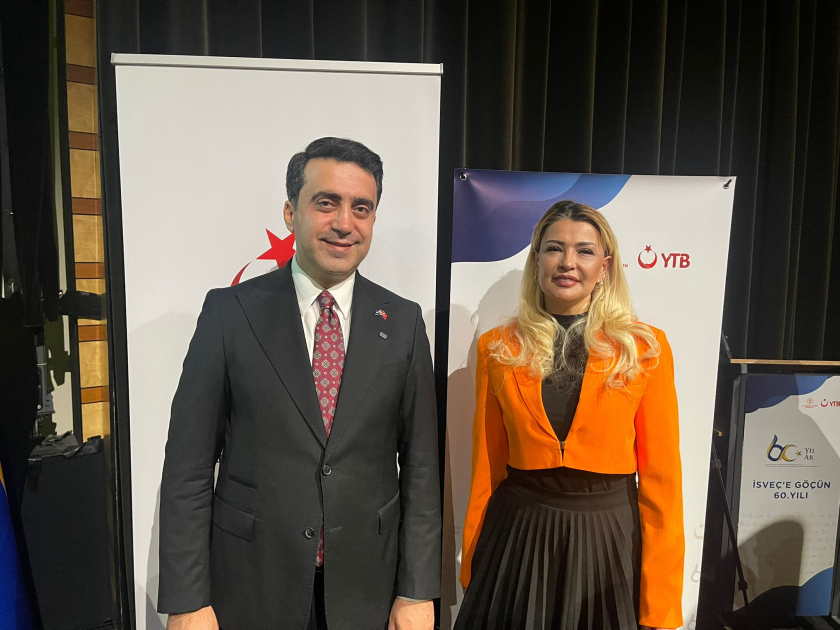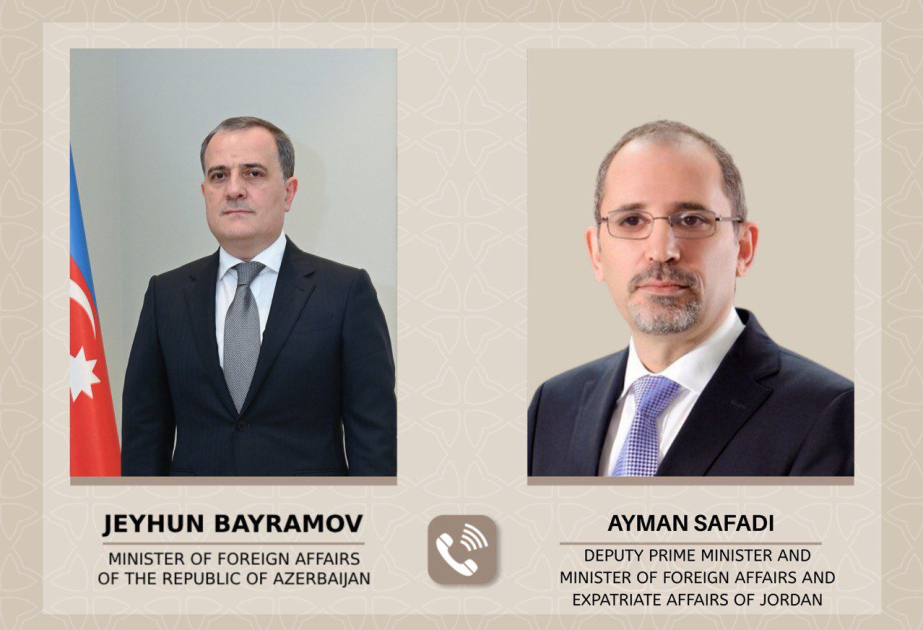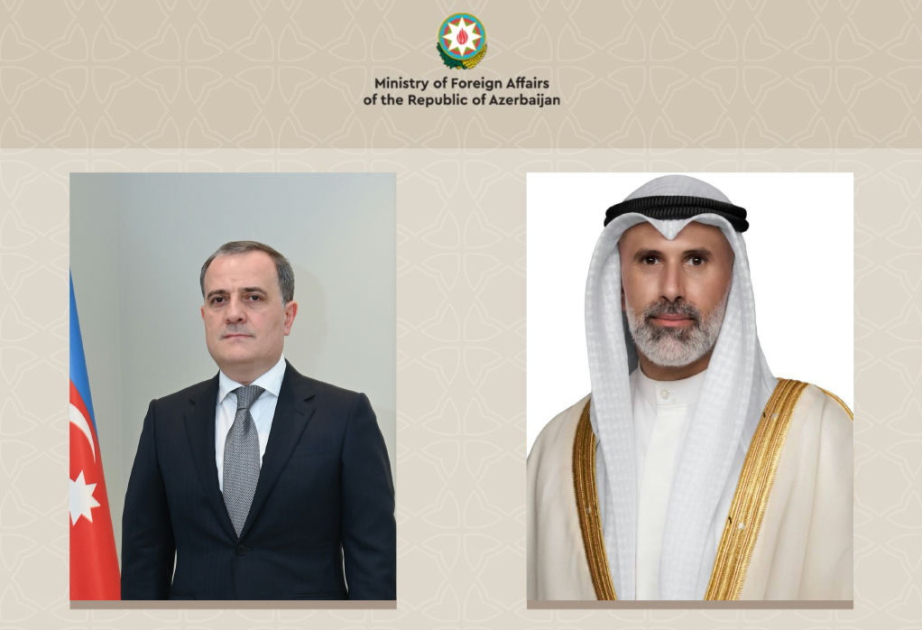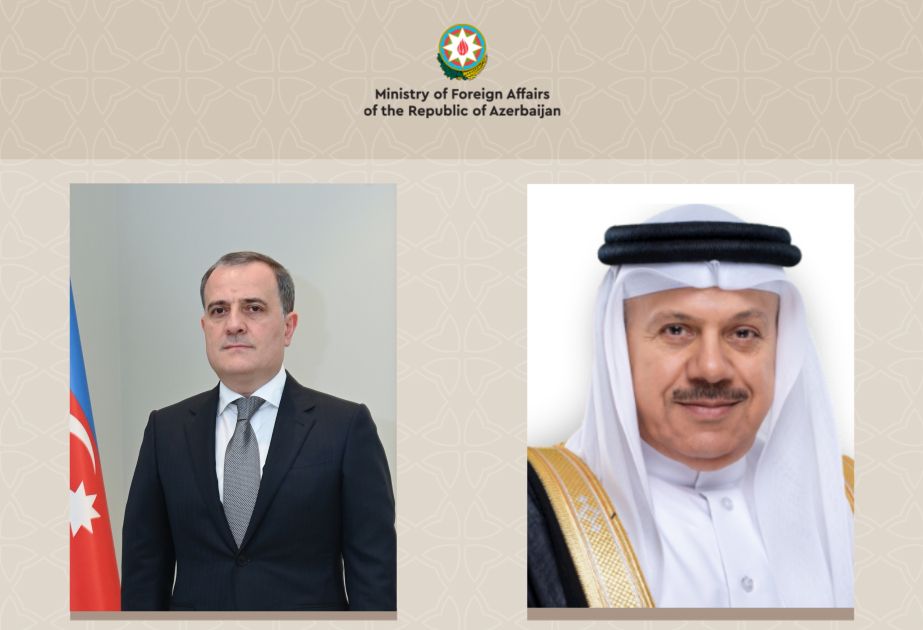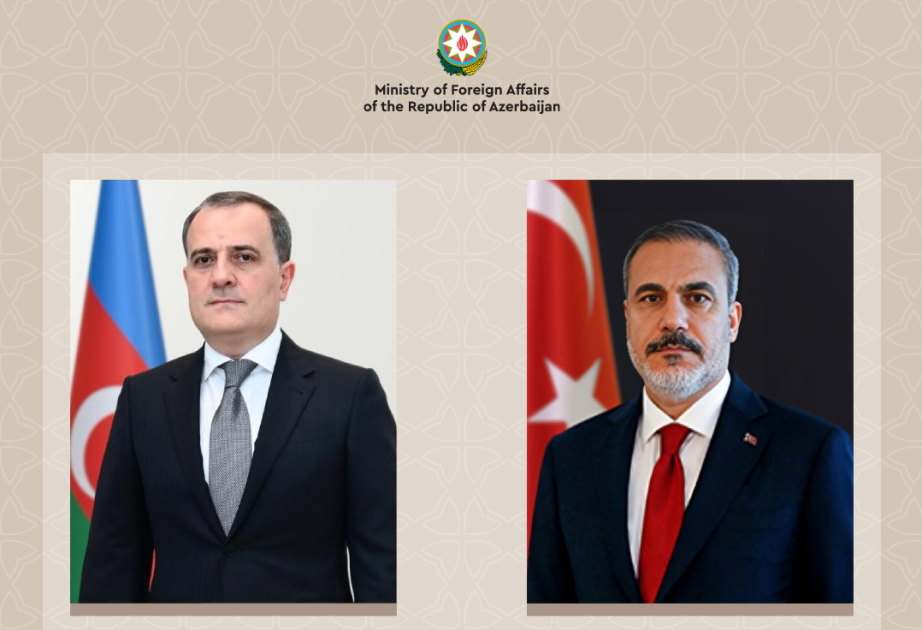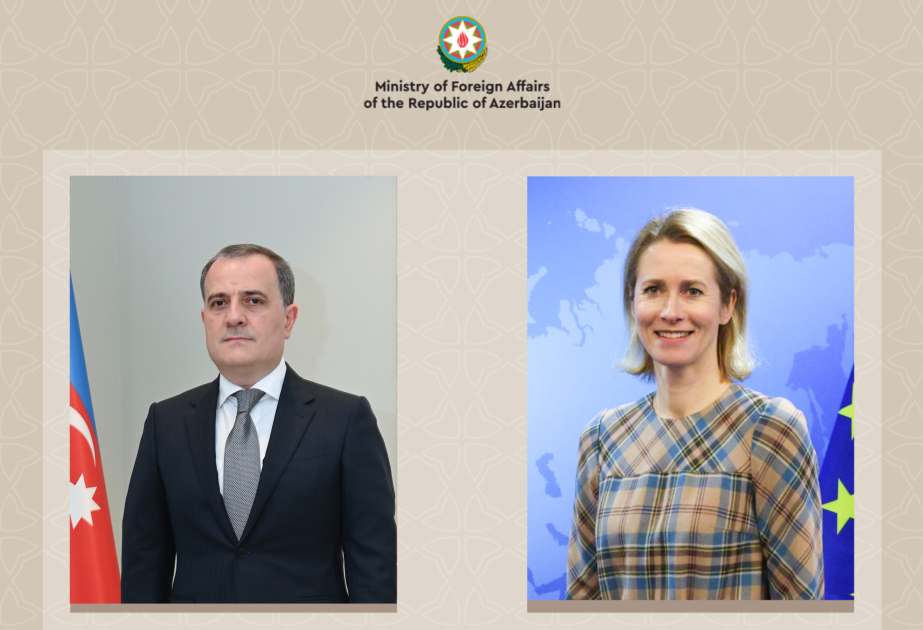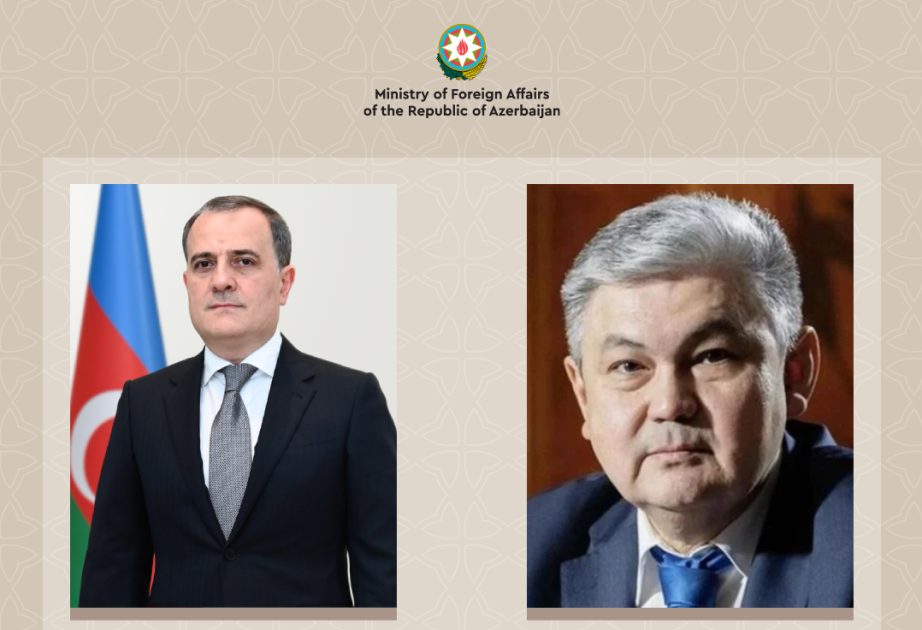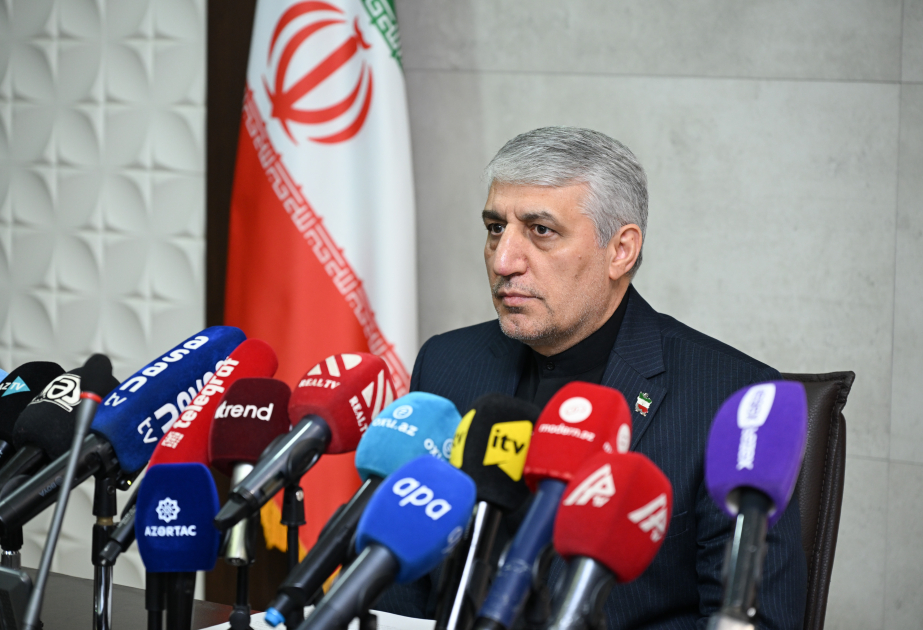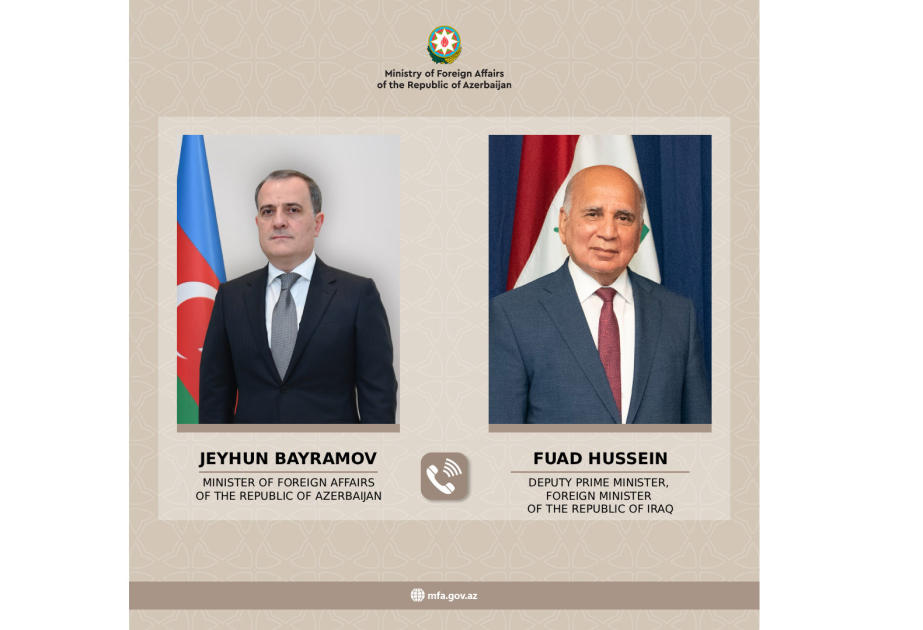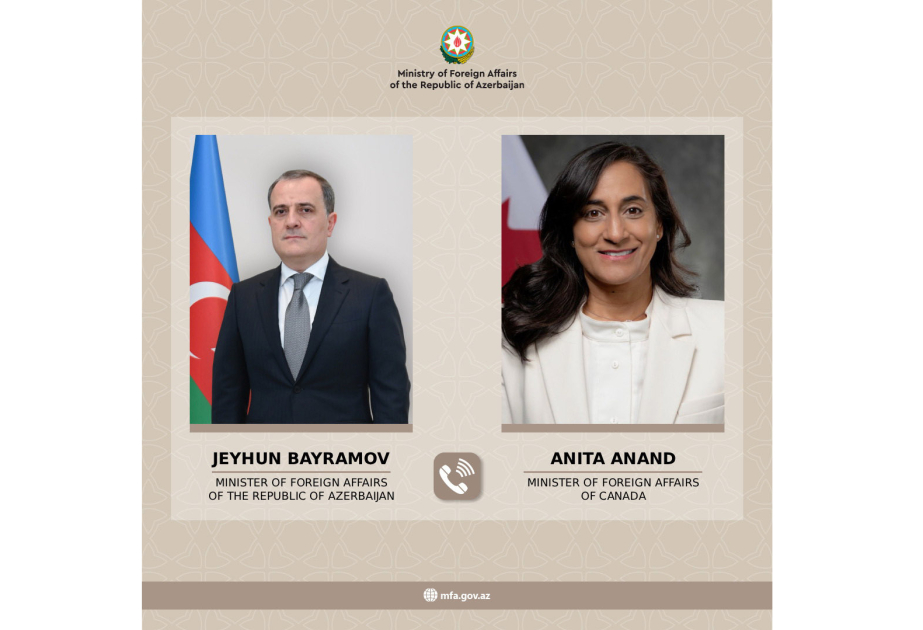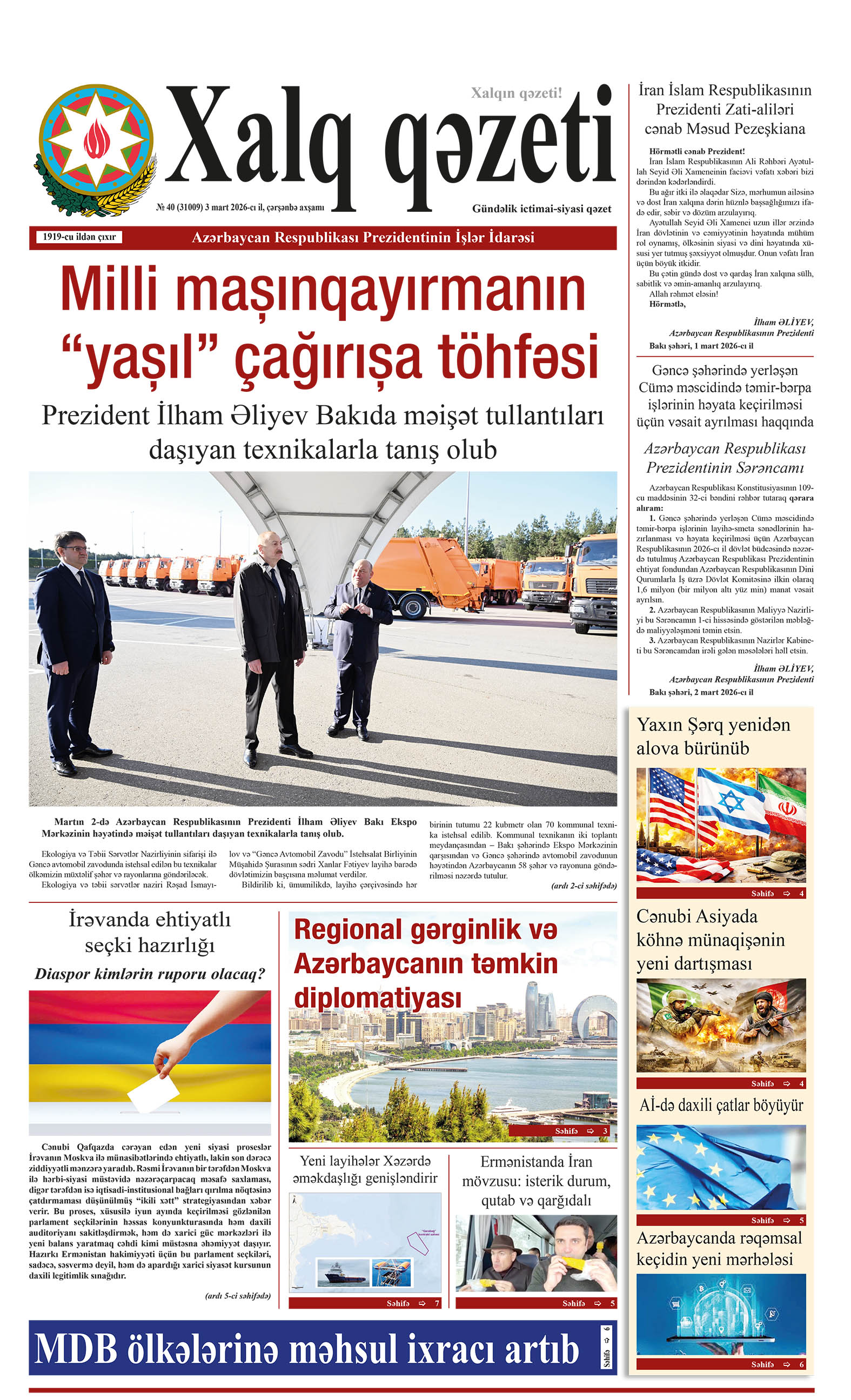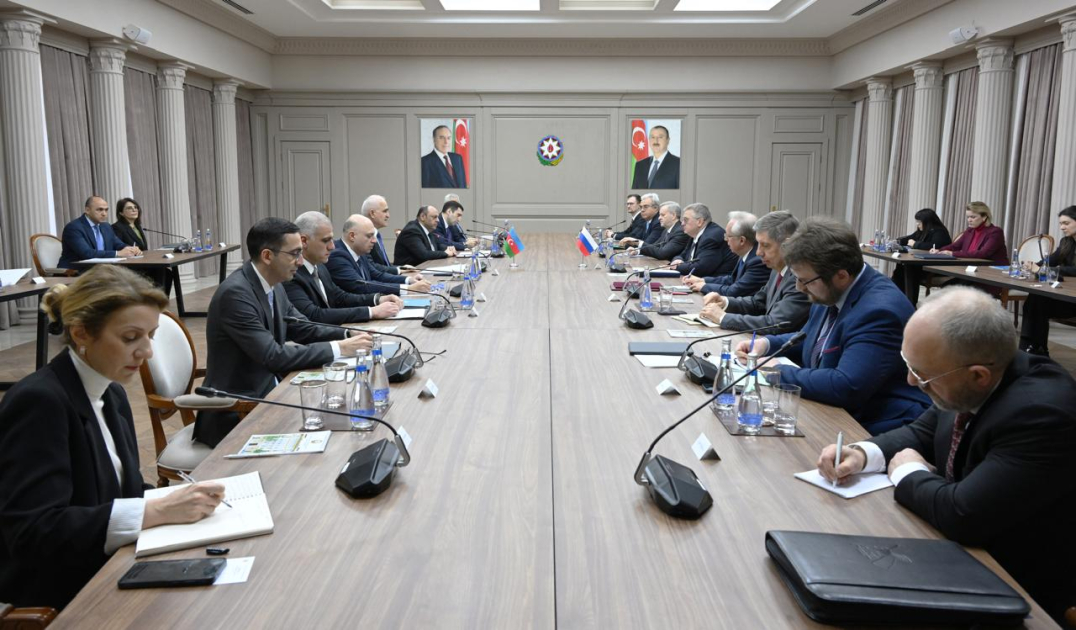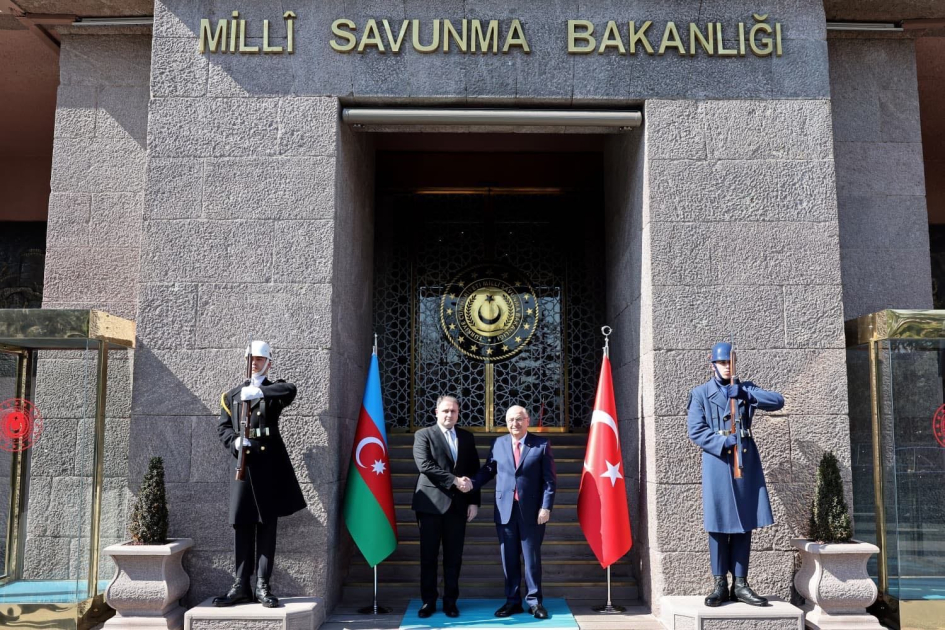An event marking the 60th anniversary of the Turkish immigration to Sweden, organized by the Presidency for Turks Abroad and Related Communities of Türkiye (YTB), was held in Stockholm, the Swedish capital.
The event was attended by Türkiye’s Minister of Labour and Social Security Vedat Işıkhan; President of YTB Abdulhadi Turus; representative of Türkiye’s ruling Justice and Development Party (AKP) Faruk Kılıç; Mayor of Midyat Veysi Şahin; and Turkish Ambassador to Sweden Yönet Can Tezel.
In his address, YTB President Abdulhadi Turus said that the organization, established on the initiative of Turkish President Recep Tayyip Erdoğan, aims to protect the rights of Turkish citizens living abroad.
He also expressed his gratitude to the brotherly state of Azerbaijan and the Azerbaijani diaspora organizations operating in Stockholm for their solidarity and support for the Turkish diaspora, emphasizing the importance of friendship and brotherhood between the two countries.
The participants viewed a photo exhibition by photographer Orhan Kara and watched a documentary film dedicated to the 60th anniversary of Türkiye–Sweden relations.
Copies of the book titled “Atlas of the Turkish Diaspora in Sweden,” prepared by researcher Mustafa İyi, were distributed among the participants. The “Diaspora Solidarity” section of the atlas also featured the views of Sevda Dadashova, Chairwoman of the Sweden–Azerbaijan Federation (SAF).
Having lived in Sweden for 23 years, Sevda Dadashova said that Sweden, Azerbaijan, and Türkiye have become inseparable parts of her life. Proud of her Turkish identity, she also spoke about Azerbaijan’s victory in the Karabakh war, noting:
“The liberation of Karabakh was not only a military victory but also a struggle for truth. For many years, a strong Armenian diaspora has been active in Sweden, spreading disinformation and manipulating public opinion. When the Second Karabakh War began in 2020, we fought here to spread the truth. We appealed to members of parliament, newspapers, and the public — sometimes working from morning till night — because we knew we were right. To remain silent would have meant sharing in injustice. Over time, we saw that speaking openly brought results: public attitudes in Sweden began to change, and justice and truth found their rightful place.”
The SAF chairwoman also underlined the importance of promoting intercultural dialogue and mutual understanding through cooperation with organizations operating in Sweden. She added that cases of Turkophobia and Islamophobia occasionally occur in the country. “The burning of the Quran and far-right provocations create fear in society,” she said. “But we know that the most effective way to overcome these stereotypes is to promote our culture. Our culture is the strongest means to convey this message. We express ourselves through our cuisine, music, dance, and art.”
In the book, Sevda Dadashova also emphasized that she has never distanced herself from her identity, language, religion, or culture, while learning to respect and live in harmony with the society she belongs to.


